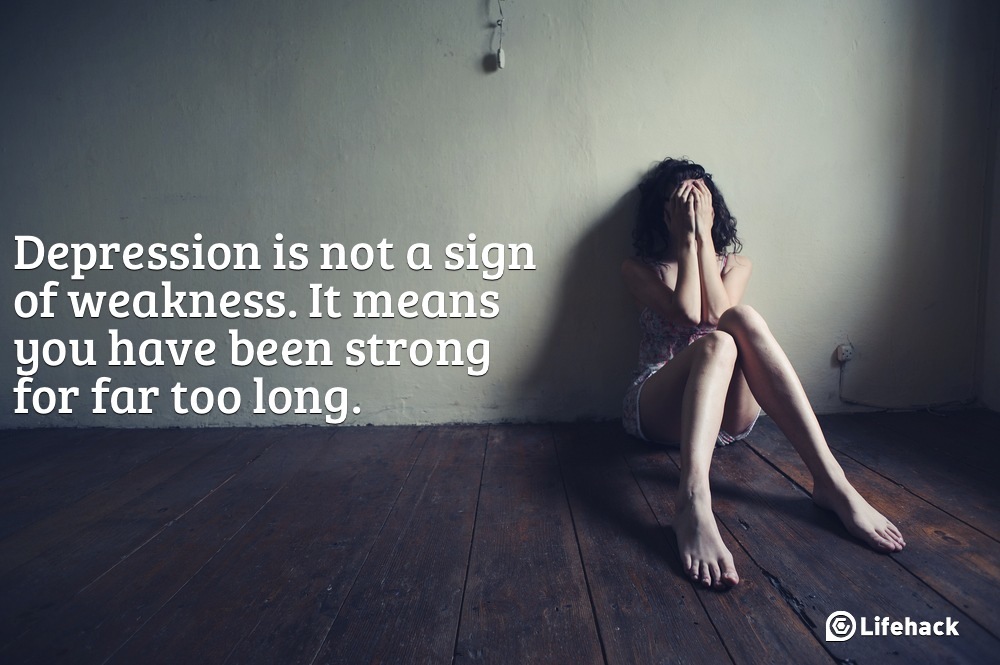Back when I was a kid, it haunted
me.
It was always lurking in the back
of my mind. It weighed on my shoulders and jangled my nerves.
It was the stick with no carrot
that my parents used to motivate me. Its sinister proximity was held over my
head, the motivation to do 10 more minutes of exercise. To walk 10 more feet.
To try just a little harder.
I feared vampires but I was much
more terrified of it. Vampires vanished with the sunrise, but this dastardly beast
was always just around the corner.
It was the face of failure and
the symbol of shame. A stain impossible to wash away. Once its lamprey-like
jaws latched on, it consumed you. It became you. You were marked for life, and
what a pathetic life it would be.
You see, my Nosferatu, my demon,
the thing I feared above all others was a wheelchair.
I never consciously admitted it
to myself, but I think I knew as a teenager that full-time use of a wheelchair
would have made my life a whole lot easier, and undoubtedly richer. The
precariousness of my walking and the crushing fatigue it caused meant I could
expend energy only for essential movement like walking to class.
In high school, I went to the
restroom once a day or not at all. I simply couldn’t afford the pain and extra
energy needed to make the trip. Holding it was a better option for me, if not
for my kidneys. Activities like writing for the school paper or yearbook were
impossible. To participate meant more walking. And that just wasn’t gonna
happen.
Back then a chair was acceptable only
for those labeled “profoundly disabled,” individuals who’d been discarded by
society. Even the elderly shunned wheelchairs. My grandma would rather have worn
Hester Prynne’s scarlet letter on her bosom than ride in one.
“I hope you at least have two
fingers you can still move to run a wheelchair!” my mom once shouted after a therapy
session when she thought I hadn’t tried hard enough. (I didn’t know how to
break it to her that a power chair is controlled with a joy stick, not
“forwards” and “backwards” buttons.)
With adulthood, my childish fears
faded. I shook away the terror of needing a chair, but it took much longer to
shake the shame. I still believed I was lucky that the non-disabled allowed me
into their stores, restaurants and theaters, even if it meant coming in the
back door through the boiler room. I should count my blessings that I was
allowed to sit amongst them, even if it was in the back row.
It took decades to see my
wheelchair as a device of empowerment rather than a burden of failure. It was
no longer an albatross around my neck but a raptor that swept me off to
college, enabled me to have a career and a meaningful life.
If you’re young and disabled,
don’t let ablecentric troglodytes define your life and how you should live it. Don’t
buy into their bigoted ideals. Reject their pathetic need to make hierarchies
and pigeonhole you in them.
If
there’s one thing I’ve learned, it’s this: going through life in an upright
position is highly overrated.

Sorry you needed one - or anyone needs one - but more sorry you couldn't accept the help it would have provided - just because the world was so mean to people in wheelchairs. It still is, but maybe it's getting a bit better.
ReplyDeleteI use a walker. I don't know when I'll face the next 'step' (boy, language is ableist!) and need a chair, and to be pushed or towed or whatever.
I do remember when, a couple of years ago, I finally gave in to using the little carts at the big football stadium size stores - how freeing that was. Now I can go shopping, and save my energy for everything else (what little there is of it).
I'm sorry you missed out on stuff in high school, and I hope your kidneys have forgiven you.